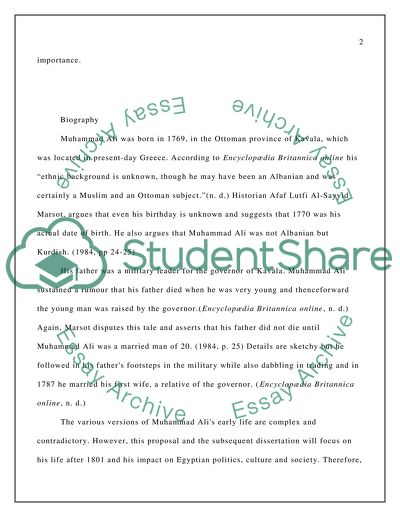Cite this document
(“The effect of mohammed ali on Arabic culture in Egypt i mean how Dissertation”, n.d.)
Retrieved from https://studentshare.org/gender-sexual-studies/1408123--the-effect-of-mohammed-ali-on-arabic-culture-in
Retrieved from https://studentshare.org/gender-sexual-studies/1408123--the-effect-of-mohammed-ali-on-arabic-culture-in
(The Effect of Mohammed Ali on Arabic Culture in Egypt I Mean How Dissertation)
https://studentshare.org/gender-sexual-studies/1408123--the-effect-of-mohammed-ali-on-arabic-culture-in.
https://studentshare.org/gender-sexual-studies/1408123--the-effect-of-mohammed-ali-on-arabic-culture-in.
“The Effect of Mohammed Ali on Arabic Culture in Egypt I Mean How Dissertation”, n.d. https://studentshare.org/gender-sexual-studies/1408123--the-effect-of-mohammed-ali-on-arabic-culture-in.


